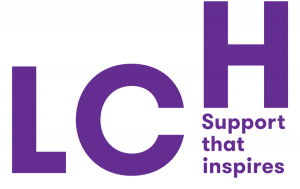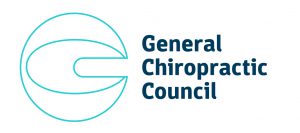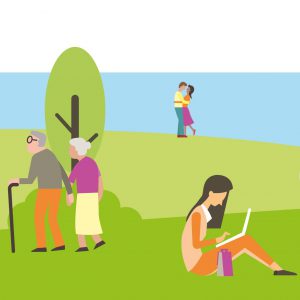The UK Biocentre provides a centre of excellence for biomedical research to the academic, pharmaceutical and biotech research community.
At UK Biocentre, they have scaled up to analyse COVID-19 swabs. Robotic equipment will enable us to analyse tens of thousands of swabs every day. Testing at scale with high levels of accuracy is vital. None of this would be possible without their dedicated staff, 150 volunteer scientists and the support of the NHS, Public Health England, the British Army, Royal Navy and their industrial partners – who have all played a vital role to help them scale up operations and ensure accuracy.
Hear more from the people who helped make this possible:
They are one of three new Lighthouse Labs – the biggest diagnostic testing network the country has ever seen – supporting the national COVID-19 testing effort.
UK Biocentre was established in 2011 as the service arm of UK Biobank, a national research initiative that collected biological samples and data from 500,000 UK volunteers. UK Biobank is regarded as the world’s premier biobank and implemented an industrialised approach to biological sample processing and management that is now available, through UK Biocentre, to the international scientific research community.
At UK Biocentre they have transformed their facility to test swab samples for COVID-19 on an industrial scale.This would not have been possible



 LCH works with people with very complex mental health needs. The organisation provides supported housing services so that people who would ordinarily be detained in prison or live on long-stay NHS psychiatric units are able to live in the community – with support.
LCH works with people with very complex mental health needs. The organisation provides supported housing services so that people who would ordinarily be detained in prison or live on long-stay NHS psychiatric units are able to live in the community – with support. 

 Barley Communications was asked by the Scar Free Foundation to provide communications support for the opening of their new facility – the Scar Free Foundation Centre for Conflict Wound Research based at the Queen Elizabeth Hospital in Birmingham.
Barley Communications was asked by the Scar Free Foundation to provide communications support for the opening of their new facility – the Scar Free Foundation Centre for Conflict Wound Research based at the Queen Elizabeth Hospital in Birmingham.
 The Clinic for Dissociative Studies supports some of the most vulnerable people in our society: those who have faced a major trauma such as physical or sexual abuse. The Clinic supports survivors with diagnosed complex traumatised states and dissociative disorders, working with them to come to terms with what has happened and enabling people to move on in their lives.
The Clinic for Dissociative Studies supports some of the most vulnerable people in our society: those who have faced a major trauma such as physical or sexual abuse. The Clinic supports survivors with diagnosed complex traumatised states and dissociative disorders, working with them to come to terms with what has happened and enabling people to move on in their lives.

 Barley worked alongside KPMG, local NHS organisations, GPs, the local council and the voluntary sector to deliver engagement and public consultation services on the Isle of Wight. NHS and social care organisations on the Island were undertaking a review of services as part of the My Life a Full Life Programme.
Barley worked alongside KPMG, local NHS organisations, GPs, the local council and the voluntary sector to deliver engagement and public consultation services on the Isle of Wight. NHS and social care organisations on the Island were undertaking a review of services as part of the My Life a Full Life Programme.
 Barley partnered with the World Heart Federation to promote heart health across Europe around the UEFA Women’s Euro 2017.
Barley partnered with the World Heart Federation to promote heart health across Europe around the UEFA Women’s Euro 2017.